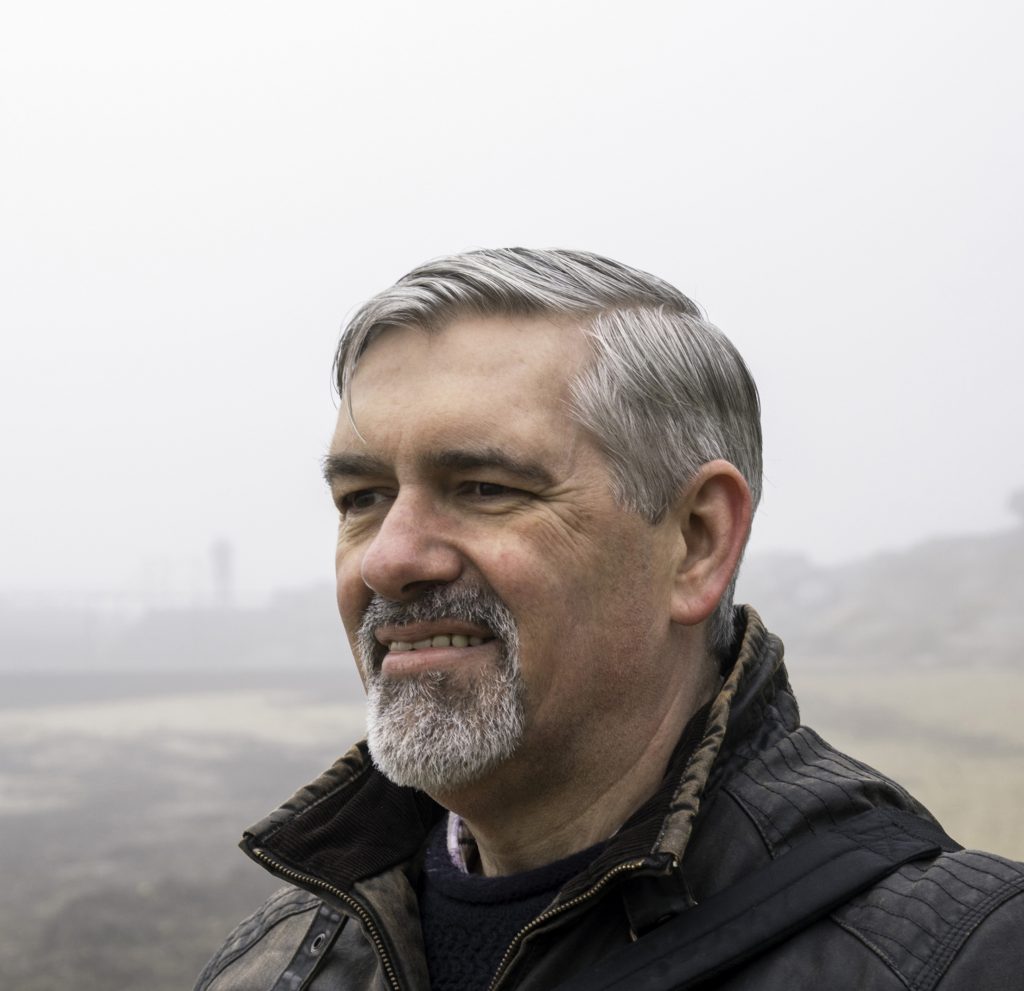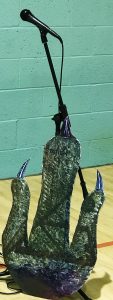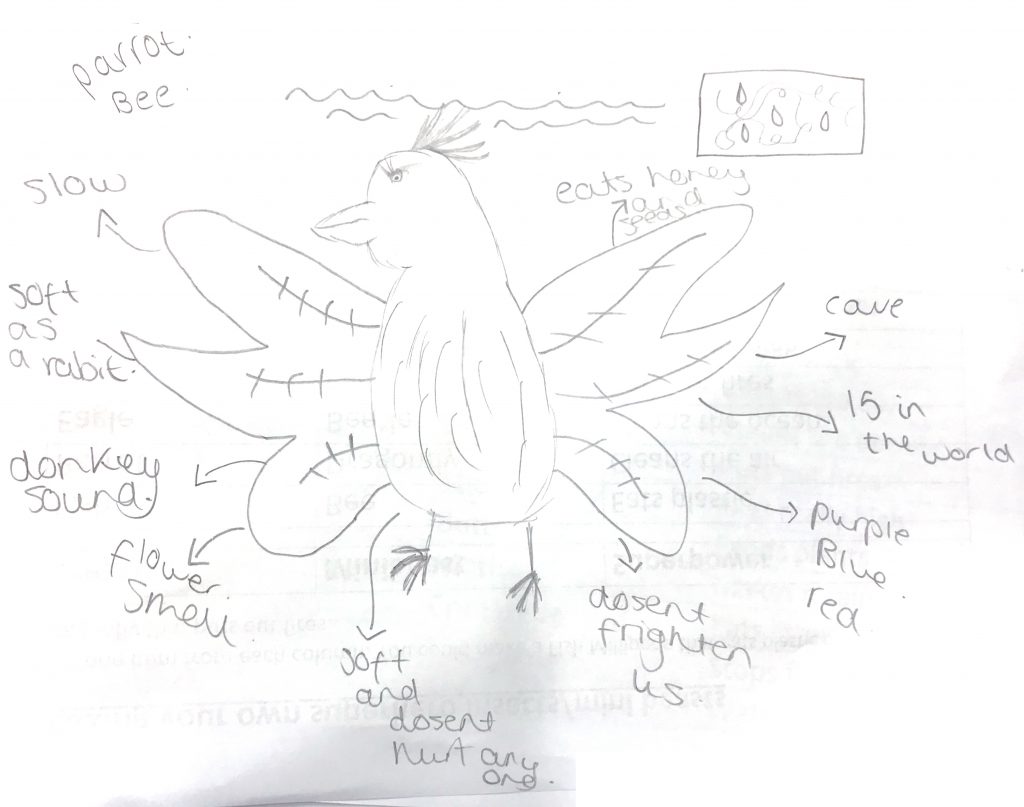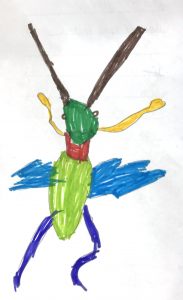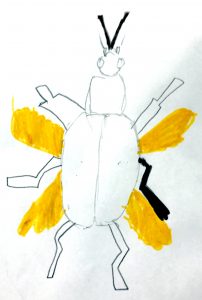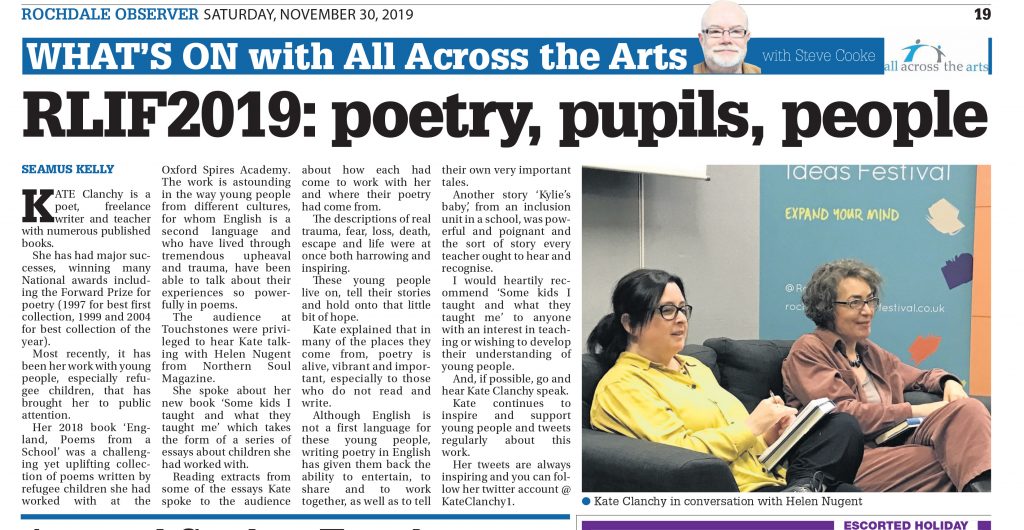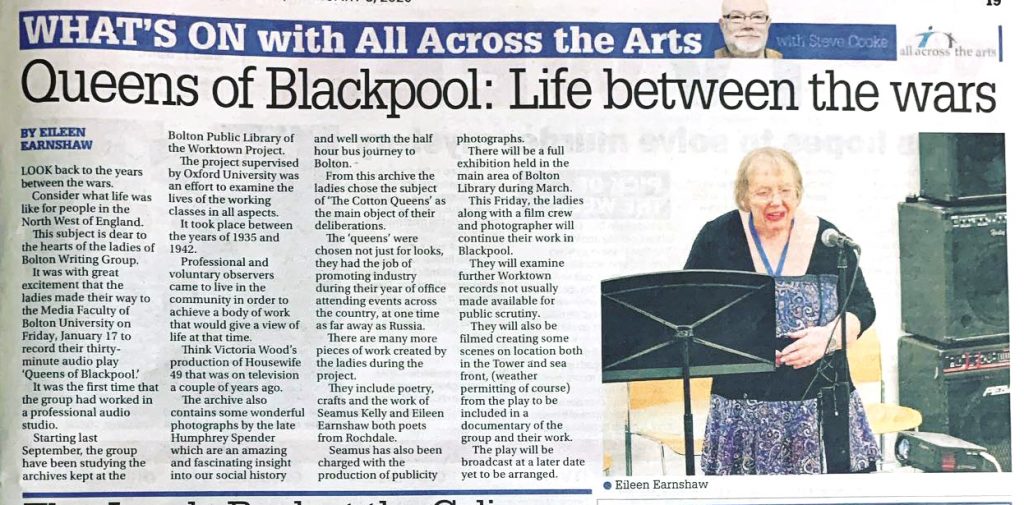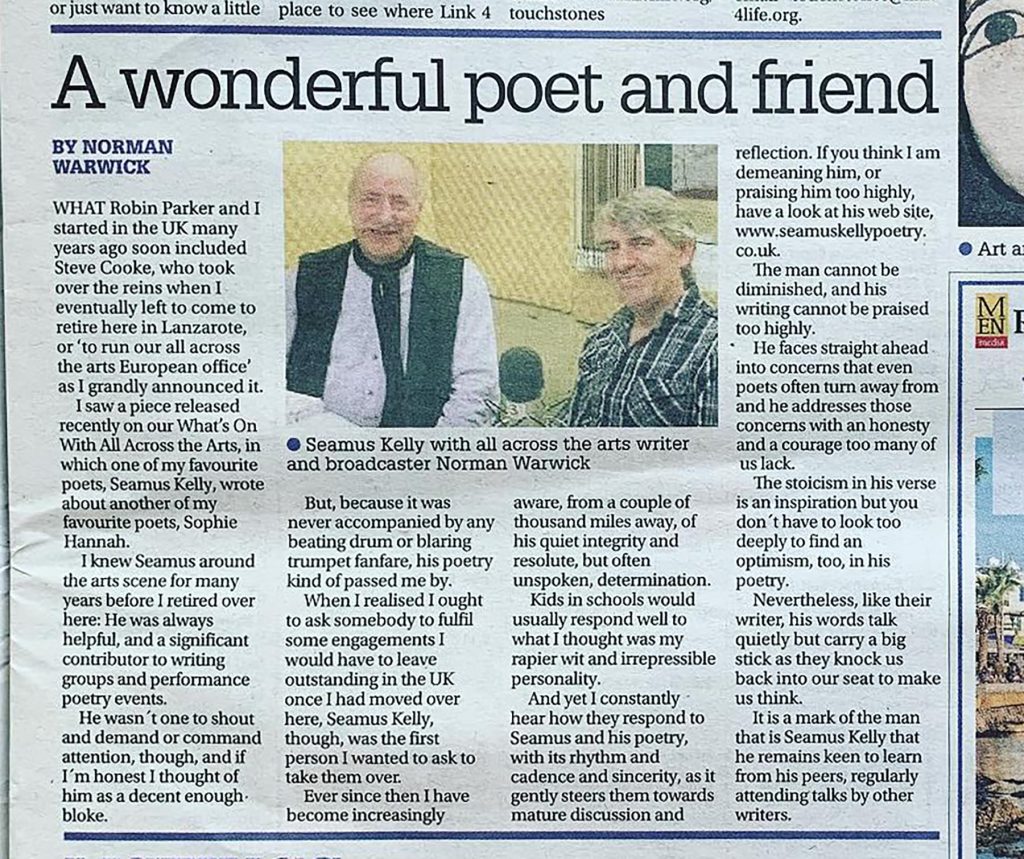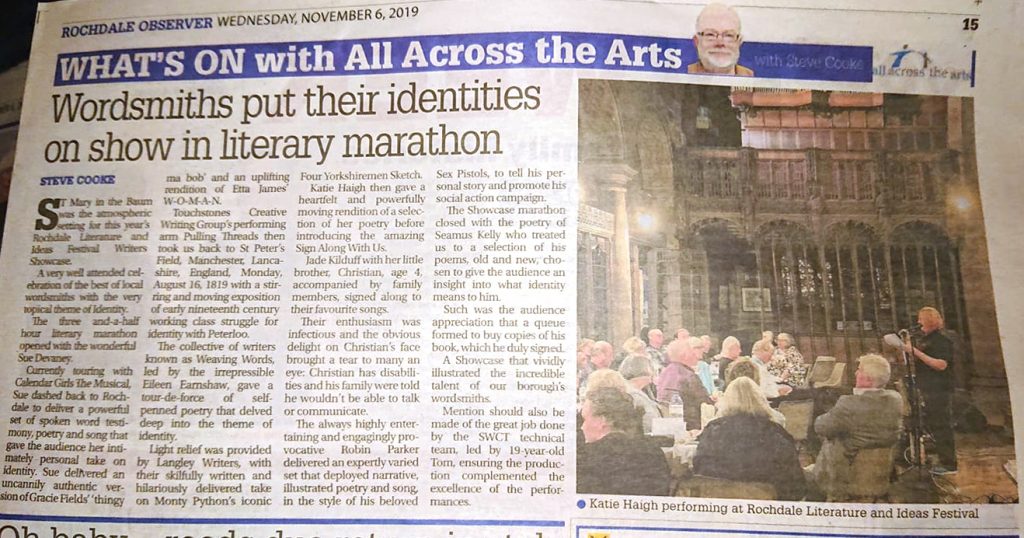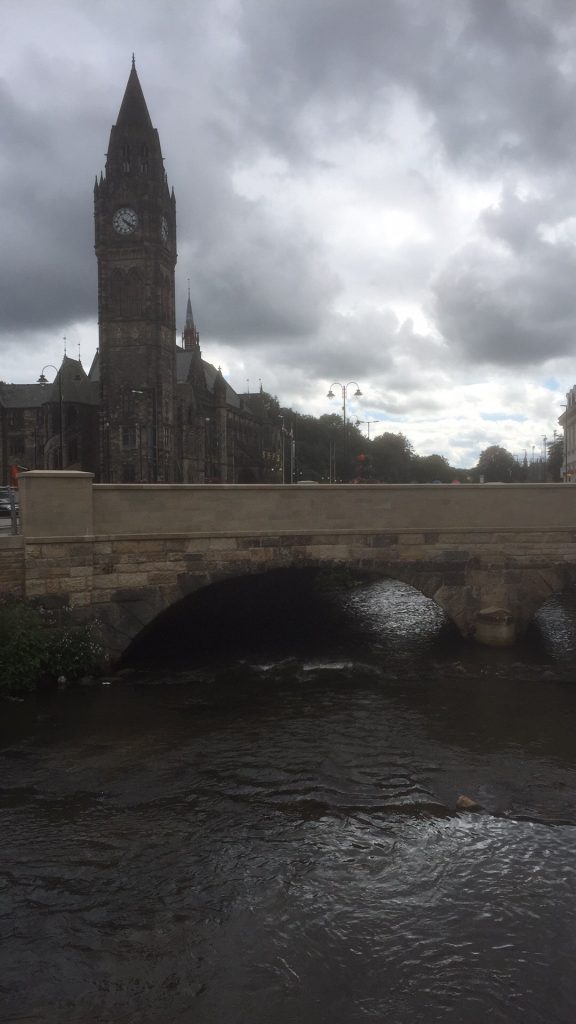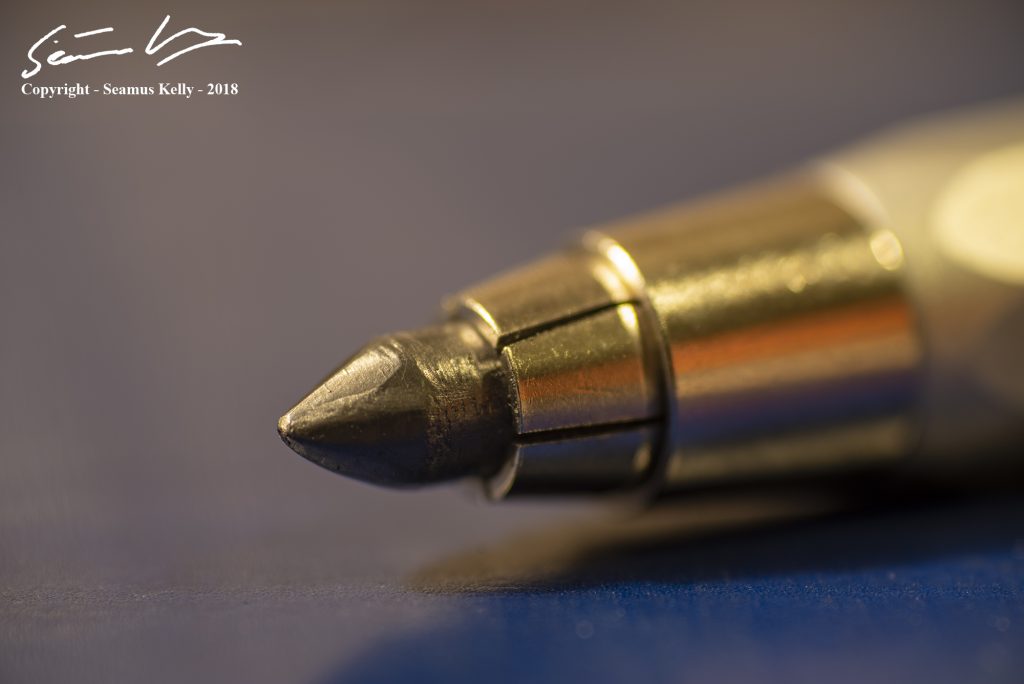I had been delighted to return to Coco’s Lounge in Altrincham, following a pre-festival gig in March, for the second edition of Word Fest.
Word Fest, curated by Anne Early and Yoko Islamic, focuses on writing and especially encouraging local people to start writing or develop their existing talents. The festival included a wide range of events including workshops, discussions, performances, writer talks and lots of chances to learn from experienced writers.
As a non-resident of the area it was a privilege to be asked back to host the open mic poetry evening and as I expected, based on previous experience, the quality and variety of work was excellent.
Kevin Bamford read poems covering diverse topics ranging from the countryside awakening in the spring and Brexit to a concertina workshop.
Fred Varden was driven to love whilst Driving Miss Nosey, and gave us a recipe for life and a tale of falling in love with a senior citizen.
Taking a brief one-night break, from supervising students on a school camp, Chris Bateman had the audience laughing with his tale about and unhelpful shop assistant “Pat at checkout 25”.
Alex Swinton, still a teenager, is a poet with a great future; a young man with his anger, and angst, inventing, venting and performing to great effect and with excellent wordplay.
Martin Zarrop a popular performer at previous Altrincham events, and a widely published poet, had snowmen dreaming of English Summer, wondered how one might reason with a bereaved in Troutman and even mentioned the ERG (another Brexit reference).
First time performer Caroline Melliar-Smith performed a piece about the dancer Isadora Duncan “The silk scarf” a well crafted story-telling poem and we hope to hear from her again.
Liz Smith read a poem about a guide dog who “wanted the last glimmer to last forever” and a second everyday dramas.
Tom Jenks is known as an experimental poet read his poem “Going off-piste with Pedersen with great phrases like “Crowther’s desktop wormery” and “unsolicited marsh mallows” and the audience were certainly entertained.
Whilst compering I took the opportunity to follow the performers with a few of my own poems; “Outside” and “Only in my dreams” and a poem which was so new it did not yet have a title – fortunately the audience didn’t feel the need for a title.
Many thanks once again to Anne and Yoko got organising this lovely, friendly and innovative festival and letting me be part of it. I’m already looking forward to a hoped-for 2020 version.
